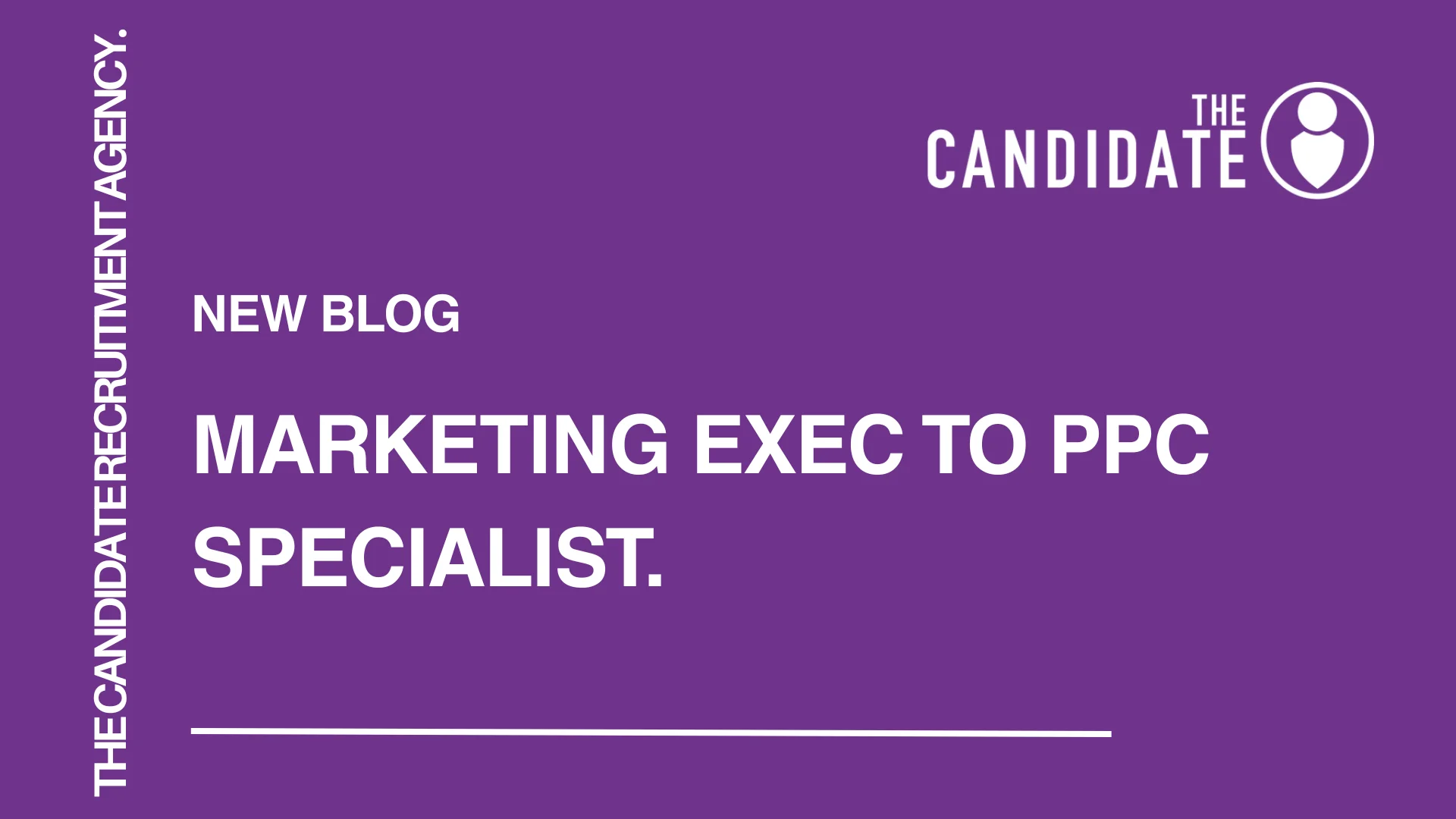Aaliyah Chilumbu graduated from the University of Sheffield and is currently working as a Bid Writer at Health Assured, one of the UK’s leading Health and Wellbeing Employee Assistance Programme Providers. With a background working in Social Media Marketing and the Fashion Industry, Aaliyah embarked upon her most recent role as she wanted to work for a company that shared her values on mental health, and the importance of reducing the stigma associated with mental illness. She talks to us about three simple techniques that everybody can undertake to overcome mental health struggles in the workplace to enhance day-to-day positivity.
Aaliyah ChilumbuUniversity of SheffieldHealth AssuredWith recent media focus and attention on mental health, and the ever-changing factors which can affect it, it’s important to remember mental health-just like physical health- is something everyone has and experiences at some point in their lives.
Whilst your mental health and the way you feel can change day-to-day, there can be times when your feelings don’t align with your working environment. With around 1 in 4 people experiencing mental illness at some point in their lives, and the average person spending 90,000 hours at work over a lifetime, the fluctuating demands of work inevitably affect emotional health and wellbeing.
Unfortunately, there is a lot of stigma surrounding mental health, with a lot of employers and line managers missing the link between employee wellbeing with organisational performance. Though this sometimes remains the case, here are a few tips and tools to take your workplace wellbeing into your own hands:
Tip 1: Employee Assistance Programme
Has your company got an Employee Assistance Programme (EAP)? If so, use it! Employee Assistance Programmes are becoming increasingly popular in the workplace, with many employers now offering their employees access to 24/7 confidential advice and emotional support as part of their employee benefits. An EAP provides confidential, independent advice, support and counselling to employees who may be experiencing personal or work-related issues. EAP’s can be a great tool whether it be to gain one-off, in the moment emotional support from a counsellor via a freephone helpline, counselling support through structured therapy sessions or practical information on your legal rights. Unlike NHS waiting times, many EAP’s work within agreed timeframes, offering counselling sessions within 1 week of first contact within a reasonable traveling distance from your home or workplace.
Employee Assistance Programmespractical information on your legal rightsTip 2: Mobile Apps
Why not try out some tech? The great thing about phones is that that there is a mobile app for almost anything and everything, including those aimed at helping you manage general wellbeing and emotional health. Whilst wellbeing apps are not a replacement for seeking medical or professional help, they can be used as a useful tool to encourage you to take some time out to check in with your yourself, see how you are feeling, and nurture any areas of your emotional state that may need some tending to. The popular app, ‘Headspace’ (the basics course can be downloaded for free on the Apple app store) is just one example of a great, easy-to-use app that can aid mental wellbeing as it leads users through guided meditations and mindfulness techniques.
If meditation isn’t for you, ‘SuperBetter’ takes a different approach to managing feelings of depression and anxiety or simply improving overall health by setting users simple challenges aimed at encouraging healthier choices, positive skills, and personal resilience. If these don’t sound like a fit for you, why not set aside 10 minutes out of your morning commute to download and test out wellbeing apps to find a fit that might work for you?
Tip 3: Work-Life Balance
Lastly, this may seem like the obvious choice, but remembering your time is yours and yours alone is a sure way to improve workplace wellbeing and emotions surrounding workload. Though technology can be a great way to keep us connected with our colleagues, it can be easy to get caught up in work Whatsapp group chats, Slack notifications and checking emails after you’ve left the office. It may seem like a quick fix to battling work-induced worry or stress, but setting clear physical boundaries between work and your time outside of work will ultimately allow you to create a healthier relationship between work, health and your own wellbeing.
Instead, use your time outside of work to focus on doing things that you want to do. Or, if you find a large part of your job depends on communications outside of the typical Monday-Friday, 9-5, why not try setting a set limit on how much time outside of work is devoted to work? Creating a work/life balance can be difficult, but don’t be afraid to adjust your boundaries. Remember, we’re all human. Setting boundaries and communicating them to others not only gives you ownership of your own time, but will allow you to enjoy your personal time guilt-free and approach workload with a clear, healthy mindset.
So…what next?
Each person’s relationship with their mental health will inevitably differ, as will all of our personal, individual and professional experiences. Despite this, our differences are ultimately what brings us together! If you find yourself feeling overwhelmed with work or feel like you may be struggling with your mental health one particular day, it is important to remember that you aren’t alone in feeling this way. Everybody has a responsibility to look after their own mental health, but more importantly, we all have a responsibility to look after each other. Talking time out to check in with yourself, communicating your feelings or even just opening a dialogue with others around you on the topic on wellbeing can massively improve the quality of your life and the lives of those around you.
And, if after all that you feel like none of the above are helping you, considering whether your current job role is right for you may be the next step. Working in an environment that enhances your wellbeing will ultimately be an investment in your day to day life and overall happiness.
Thank you Aaliyah for raising awareness around the measures which can be taken to maximise your mental health and happiness in the workplace.
If you would like to check out our other CV tips click here!
click here!Read our latest blogs.
Check out all our job opportunities in Technology
job opportunities in TechnologyCheck out our digital jobs
Learn more about our marketing roles
If it’s creative roles that you are after, click creative jobs
creative jobsFancy a new analytics challenge? Click Analytics jobs
Progress your career with a brand new Contract role



